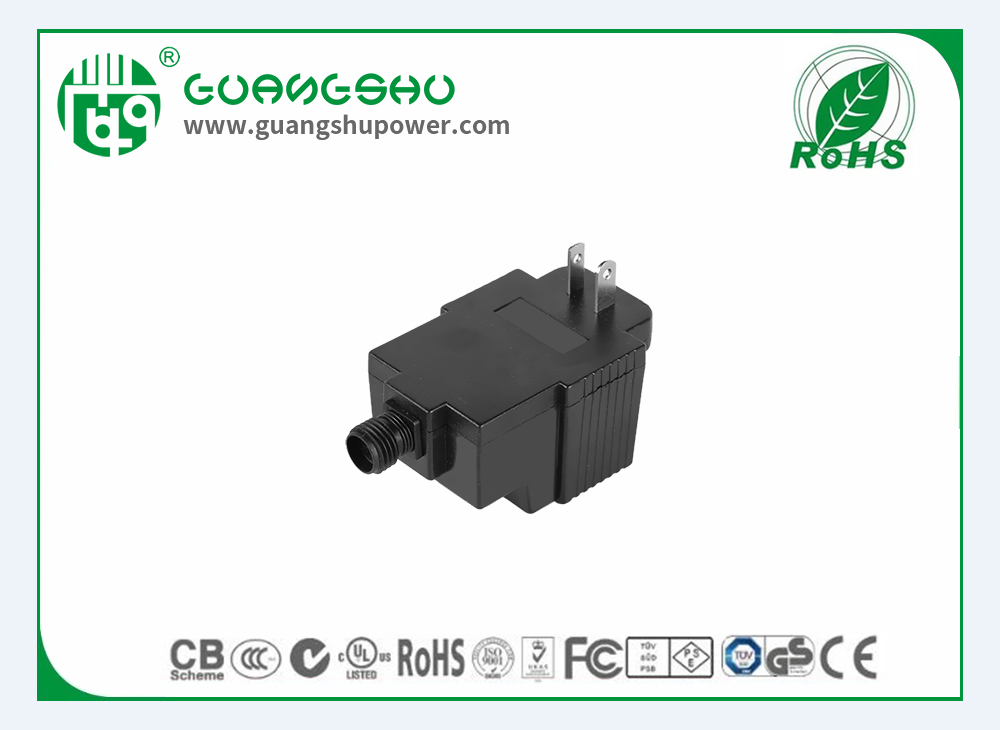Time:2024-10-26 Views:0

Power adapter transistors play a crucial role in the operation of power adapters. These transistors are responsible for regulating the flow of electricity and converting it to the appropriate voltage and current for the device being powered.
There are several types of transistors commonly used in power adapters, including bipolar junction transistors (BJTs) and field-effect transistors (FETs). BJTs are widely used due to their high current handling capacity and low cost. FETs, on the other hand, offer advantages such as high input impedance and low on-resistance.
The selection of the appropriate transistor for a power adapter depends on various factors such as the power output requirements, efficiency, and size constraints. Transistors with higher power ratings are typically used in high-power adapters, while low-power transistors are suitable for smaller and more portable devices.
In addition to their electrical characteristics, power adapter transistors also need to be able to handle thermal stress. As they conduct current, they generate heat, which can affect their performance and reliability. Therefore, proper heat sinking and thermal management are essential to ensure the long-term operation of the power adapter.
Power adapter transistors are often integrated into a circuit along with other components such as diodes, capacitors, and inductors. The design of the circuit must take into account the characteristics of the transistor and optimize its performance for the specific application.
power adapter transistors are an important component of power adapters. Their selection and proper usage are crucial for ensuring the efficient and reliable operation of the power adapter. By understanding the characteristics and requirements of different types of transistors, designers can choose the most suitable ones for their specific applications.
Read recommendations:
12V1.5A Side plug European standard
Will it have an impact if the electric vehicle charger is fully charged and not unplugged